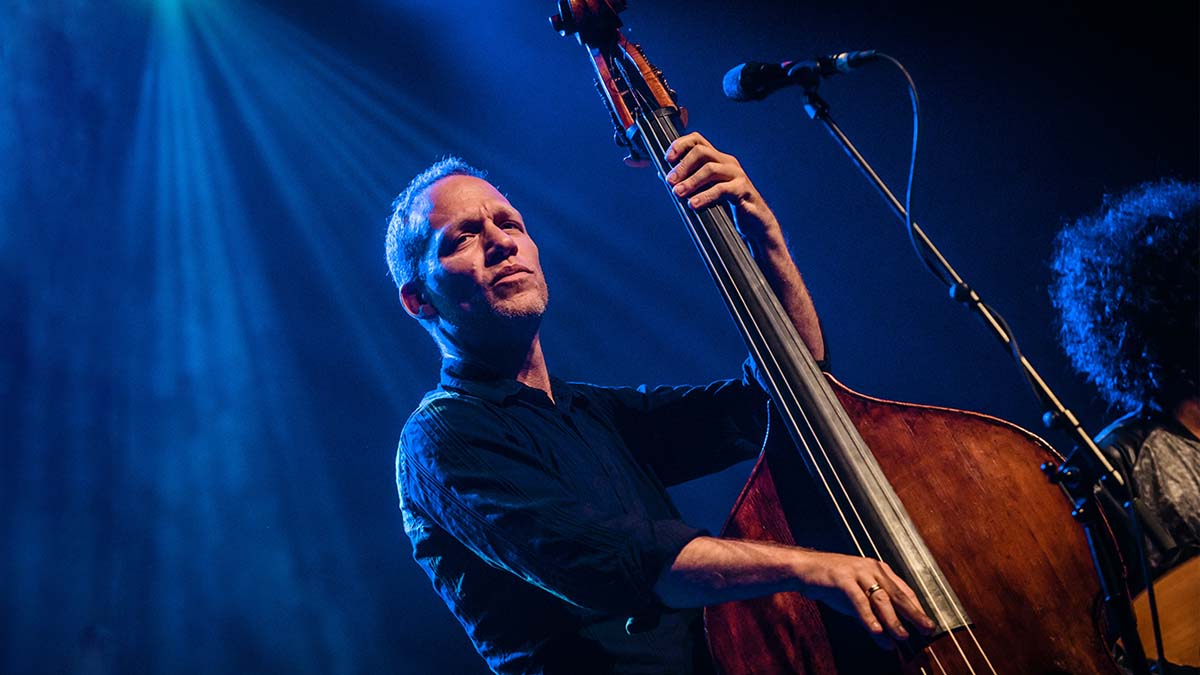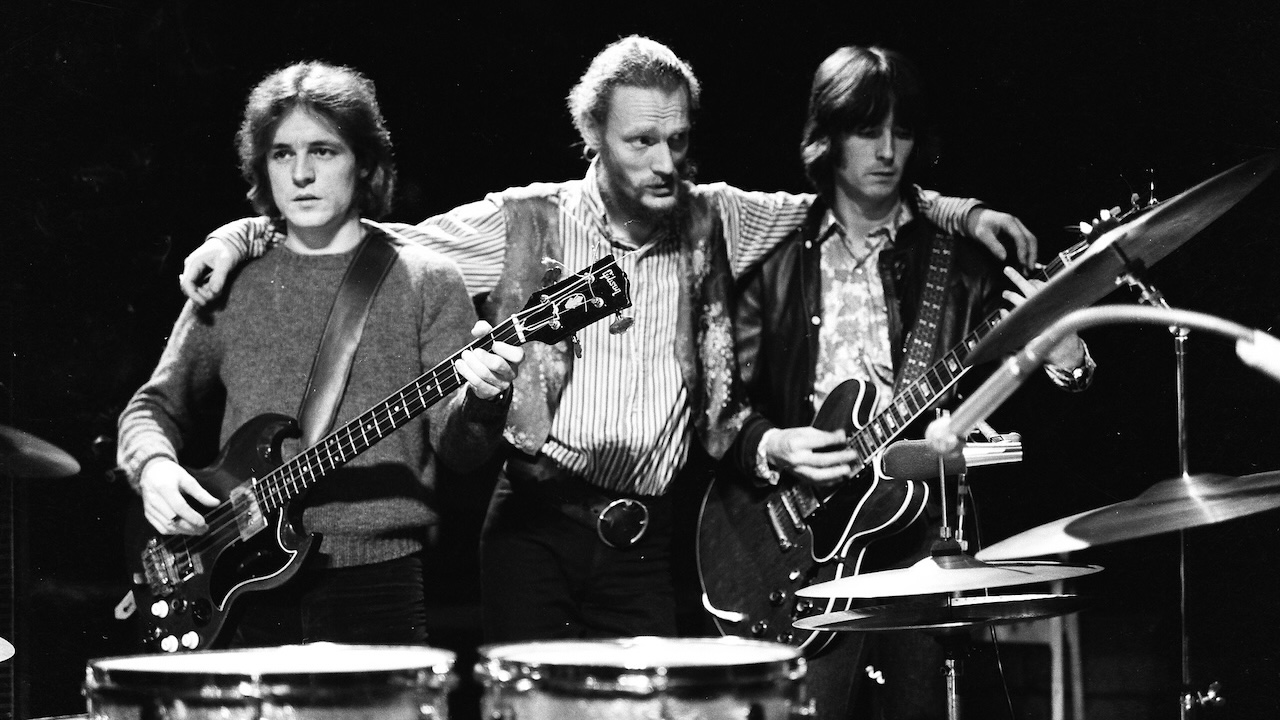“I hear bad intonation from some bassists, and that bothers me. I have no intention of being out of tune”: How Chick Corea bassist Avishai Cohen landed one of the most coveted gigs in jazz
Born in Israel and raised in St. Louis, Avishai Cohen followed the path of many bass players – electric to acoustic – and ended up landing in the hottest seat in the jazz circuit

Avishai Cohen speaks as a citizen of the world. He’s a street-wise bass player, born in Israel and raised in St. Louis, who learned to hold his own in Greenwich Village jazz clubs and Latin joints in the Bronx. In 1996, his brash and confident playing style landed him one of the most coveted gigs in jazz – the bass chair with Chick Corea.
“Playing with Chick was a dream come true,” Cohen told Bass Player. “Sharing a stage with him every night for six years was the strongest building point of my career. I learned a lot about how to be a bandleader.”
Cohen was first introduced to the bass guitar via the music of Jaco Pastorius, but once bitten by the acoustic bug, he was driven to master the double bass. “When I first started, I studied every lick that Ray Brown and Paul Chambers ever played! Without that, I just knew the instrument would kick my ass.”
In the early ’90s, Cohen was living the New York jazz dream – practice, jam sessions, gigs – in a never-ending turnaround. “There were a lot of bebop players – hard bop-heads, young people like me who were resurrecting bebop, but I took my time with it. Technically, I wasn't the bass player that I wanted to be yet. It took three or four years before I really found my sound.”
To solidify his technique, Cohen sought out some of the best classical teachers he could find. “I was lucky to invest time with teachers like Orin O'Brian from the New York Philharmonic, Homer Mensch, and a fantastic Israeli bassist, Michael Klinghoffer, who had worked with Gary Karr, the classical virtuoso. They taught me the importance of the bow, which is now one of my best friends.
“Playing with the bow means really being in tune, and I have no intention of being out of tune – at all. I hear bad intonation from some bassists, and that bothers me. I have to play in tune. Even if you don’t need it on the gig, just practice with it at home and the instrument will start to give you a better sound.”
Cohen has explored all styles of music, but the heavy pulse of New York and Puerto Rican cultures – the mix known as Nuyorican – really got under his skin. “I was always into Latin music. I love Eddie Palmieri, Andy González, Jerry Gonzalez... the hard-core New York Latin thing. It's like the bebop thing, but this was real Latin music that was still happening in the ‘90s.
All the latest guitar news, interviews, lessons, reviews, deals and more, direct to your inbox!
“I got the grasp of it to the point that I got a reputation as someone who could hang. Once you can hang with those cats, you can hang with anybody.”
In 1994, Cohen got a call from Danilo Pérez to join his band. “Danilo was really hot at the time. He was playing Monk tunes, but in a seriously challenging Latin style. I played with him for two years with drummers like Terri Lyne Carrington, Jeff Watts, Bob Moses, and Lenny White. That made me even stronger.”
Cohen eventually caught the ear of jazz-fusion legend Chick Corea, who hired the young bassist to form the cornerstone of his Origin sextet. Cohen spread his wings during his tenure with Corea, and went on to produce four albums as a bandleader for Corea’s Stretch record label. Produced by Corea, the recordings Adama, Devotion, and Colors, found Cohen now leading his own band.
Cohen also recorded several albums with Origin, including Live at the Blue Note, Change, A Week at the Blue Note, and the DVD, Rendezvous in New York.

Nick Wells was the Editor of Bass Guitar magazine from 2009 to 2011, before making strides into the world of Artist Relations with Sheldon Dingwall and Dingwall Guitars. He's also the producer of bass-centric documentaries, Walking the Changes and Beneath the Bassline, as well as Production Manager and Artist Liaison for ScottsBassLessons. In his free time, you'll find him jumping around his bedroom to Kool & The Gang while hammering the life out of his P-Bass.


